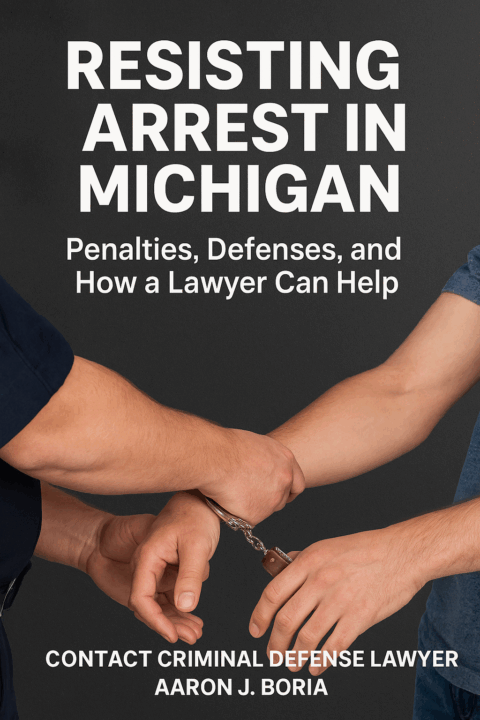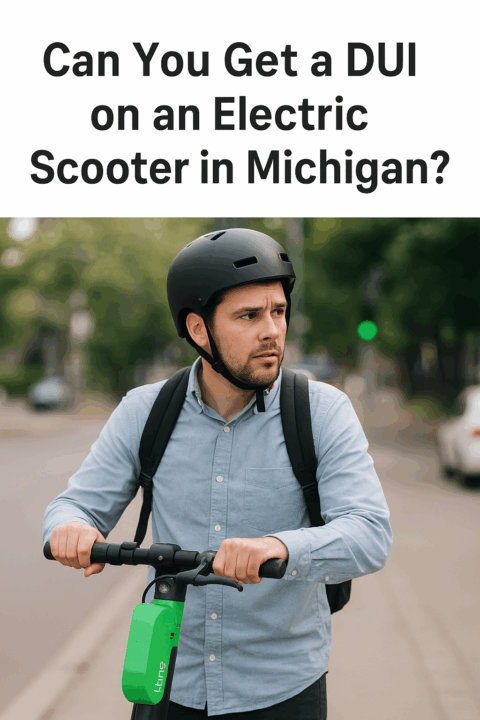Did Police Illegally Search My Car?
Nothing gets your heart racing quite like being stopped by the police. Even if you know you weren’t doing anything wrong a police encounter can be an incredibly stressful situation.
When police approach you they have their hand on their gun, and you can see their belt holding handcuffs, a baton, and pepper spray. Police are trained to be intimidating in their mannerisms and in the way they talk to you.
Did Police Illegally Search My Car?
In many police encounters they will want to search your car. It is very easy to give police consent to search because you do not want to come across as being rude or because you are intimidated and feel the need to comply with the request.
Remember, no matter what the police officer says you have rights.
If the police illegally searched your car and found drugs, a gun, or some other evidence of a crime then that evidence must be suppressed. Evidence found as a result of an illegal search is called the fruit of the poisonous tree, meaning what they found was the result of illegal activity so they cannot use it against you.
If you believe the police illegally searched your car or violated your rights then you need to contact Michigan criminal lawyer, Aaron J. Boria today (734) 453-7806. We stand up to the police and prosecution and protect your rights.
Stopped by the Police
Before we get into the discussion of an illegal search, we first have to discuss being stopped by the police. When can the police pull you over and when are they violating your rights?
The police must have probable cause or reasonable suspicion to pull you over. If the police pull you over without probable cause or reasonable suspicion then any evidence gained as a result of the illegal stop must be dismissed.
A stop for reasonable suspicion is based on the officer’s training and experience when taken together with the totality of the circumstances.
An example of a stop based on reasonable suspicion could be a situation where someone is in the parking lot of a closed business that has had a slue of break-ins at night. Many judges would uphold a police officer stopping this vehicle as a legal stop based on reasonable suspicion.
An example of a stop based on probable cause would be where the police officer observes you run a red light. The officer would have probable cause to stop you for running the red light.
If however, the officer stopped you because you gave him a funny look, or he thought you may have been speeding but wasn’t sure then the stop is illegal and any evidence of a crime gained as a result of the stop must be suppressed.
Can the police search my car?
If the police illegally searched your car then any evidence they discovered must be suppressed.
For example, let’s say the police legally pulled you over for speeding. Once you were stopped the officer ordered you out of your car and started searching your car illegally, that is to say, with out your permission, without a warrant, and without any exception to having a warrant and they found illegal drugs. Then the officer charged you with possession of drugs. In court, the judge must suppress the evidence of the illegal drugs and the charge will be dismissed.
Legal searches of an automobile
Warrant Exception Automobile Exception
Police must have probable cause to search your vehicle. Probable cause to search a vehicle is considered the automobile exception to the Fourth Amendment warrant requirement. California v Acevedo, 500 US 565 (1991). In order to have probable cause to search a vehicle police must be able to demonstrate that there is a fair probability that contraband or evidence of a crime will be found in a particular place. People v Carter 250 Mich App 510 (2002).
Warrant Exception Plain Sight
Plain site is probably the most common basis for an automobile search. If on approach to the vehicle or while talking to you the police see drugs, paraphernalia, or evidence of some other crime then they can search the vehicle take possession of the drugs and use what they find as evidence against you.
Warrant Exception Marijuana Smell
Michigan has what is referred to as the marijuana exception search. The marijuana exception allows the police to establish probable cause and search the vehicle based on the smell of marijuana alone. People v Kazmierczak, 461 Mich 411 (2000). If you have a medical marijuana card that you provide to the officer you may be able to challenge a search that is based on the marijuana warrant exception.
Warrant Exception Consent to Search
If a person gives the officer consent to search the vehicle then the police can search it. Consent can be revoked and can be limited to scope. Consent must be unequivocal and specific, freely and intelligently given to be legal. People v Malone, 180 Mich App 347 (1989). A driver may be able to consent to the search of the vehicle but not to the belongings of other passengers.
Warrant Exception Search Incident to Arrest
Police may search a car after a lawful arrest as long as the driver of the vehicle could gain access to the vehicle, this is called a search incident to arrest. This means that the person has to be within reach of the vehicle and could obtain evidence out of the offense. A search incident to arrest would not apply to a trunk, or in a situation where the arrestee is under the control of the police and cannot access the vehicle. Arizona v Gant, 556 US 332 (2009).
Warrant Exception Inventory Search
If police impound your car after arrest they might be allowed to search the vehicle if the police department has a valid inventory search policy in place. Inventory searches are in place to protect the owner’s property, protect themselves from claims of theft, and protect them from physical danger. People v Houstina, 216 Mich App 70 (1996).
For an inventory search to be a legal one the prosecution must be able to show that a standardized policy is in place, that the search produced an inventory of the vehicle’s contents, and that these searches are regularly conducted. If the prosecutor cannot establish that the inventory search wasn’t more than a ploy to search the vehicle then any evidence discovered must be suppressed.
Warrant Exception Dog Sniff
The Supreme Court of the United States just issued a remarkable opinion, in the case of Rodriguez v. United States, 575 U.S.___, 2 (2015), the Supreme Court held police cannot extend traffic stops in order to conduct a dog sniff; doing so violates the Constitution’s shield against unreasonable seizures.
This means that if you are pulled over by police they must issue you a ticket or a warning for whatever infraction you allegedly committed and send you on your way. A traffic stop becomes unlawful violation of your 4th Amendment Right if it is prolonged beyond the time reasonably required to complete the officer’s mission of issuing a ticket.
In the Rodriguez case, the defendant was pulled over for a civil infraction. After the he produced his driver’s license, registration, and proof of insurance the officer asked to search the car and the defendant declined. The officer radioed for a dog and 7 minutes later the k-9 unit showed up that ultimately alerted for drugs and a large bag of meth was found.
The Supreme Court ruled, the purpose of the civil-infraction stop can “last no longer than is necessary to effectuate that purpose.” A traffic stop is illegal when it takes longer to issue the ticket. Absent the reasonable suspicion an officer cannot extend a stop to justify a search.
As a result of the officer’s illegal actions that violated the 4th Amendment, the Supreme Court suppressed the search, meaning that the drug evidence was inadmissible and the case was dismissed.
Michigan Criminal Lawyer
If you believe that the police violated your rights or you are being charged with a crime contact Michigan criminal defense lawyer, Aaron J. Boria. Attorney Boria has successfully had numerous criminal charges dismissed saving his clients from hefty fines and jail. Call (734) 453-7806 for the representation you need.
Attorney Boria knows the law, he fights for his clients, and he gets results other lawyers simply cannot.





